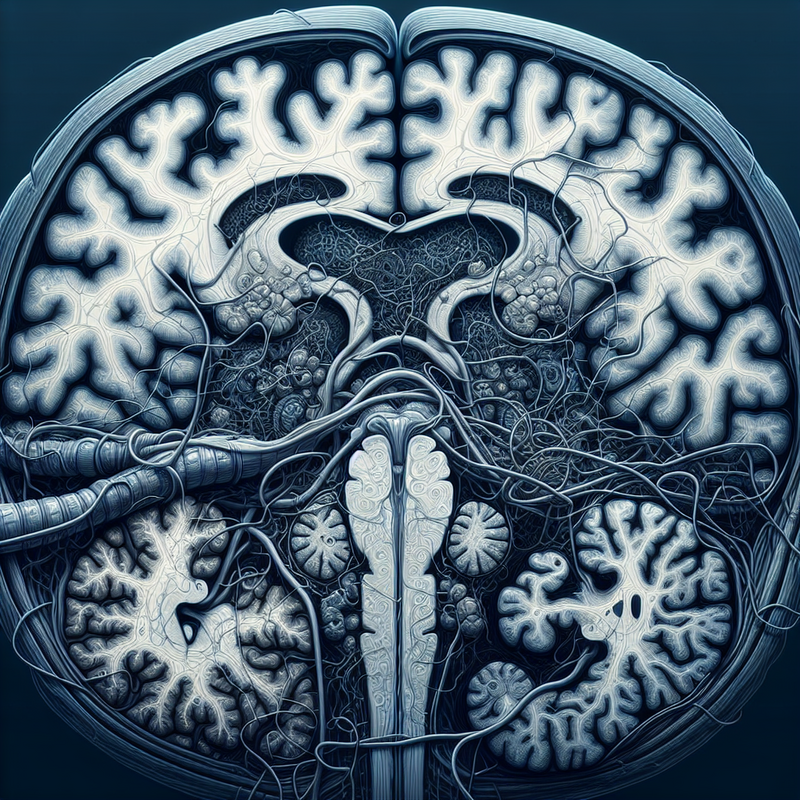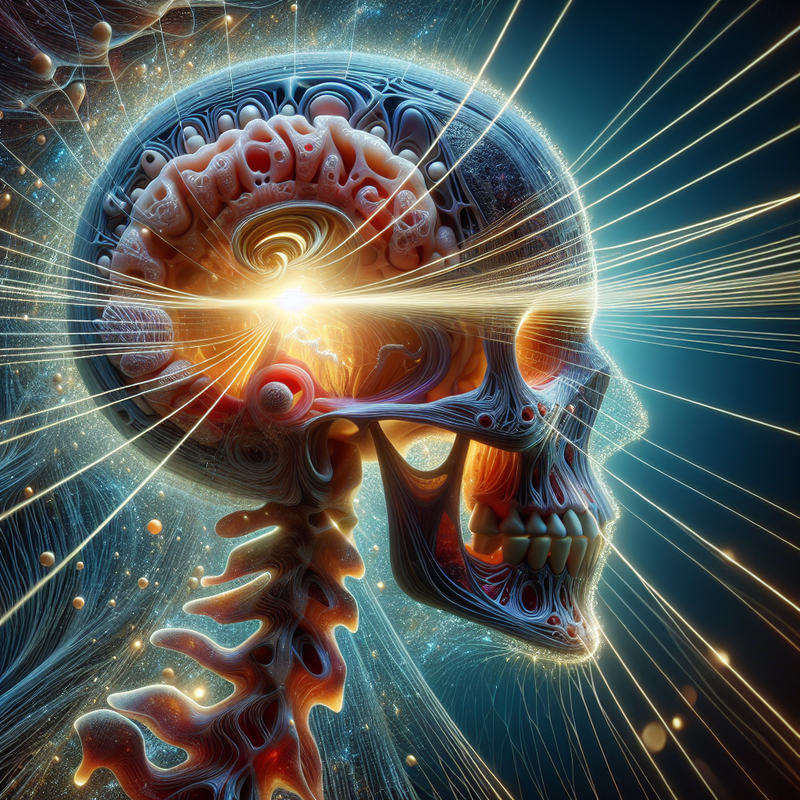A Novel Neuroimaging Investigation Hints at Possible Link Between Gut Microorganisms and Hippocampal Functioning
A novel neuroimaging investigation has unearthed a possible link between the microorganisms in the gut and alterations in hippocampal functioning among individuals with major depressive disorder (MDD). This study, unique in its examination of patients with MDD who had not been medicated, hints that increased levels of inflammatory gut bacteria may lead to changes in the connectivity of the hippocampus, a critical region for memory and emotional regulation. The findings, published in Translational Psychiatry, contribute to the mounting evidence of the significant role played by the microbiota-gut-brain axis in mental well-being.
The Role of the Hippocampus in Mental Health
The hippocampus, a component of the limbic system, is paramount in the transition of short-term memories into long-term storage and in managing emotions. Observations in depressive states often include alterations in the hippocampus, such as decreased size or hindered neurogenesis, which can impact memory and the ability to manage stress.
The Study: Looking at the Hippocampal Connectivity and Gut Microbiota
Led by Shu Xiao and colleagues, the study utilized resting-state magnetic resonance imaging (MRI) to detect how the hippocampus functionally connects and analyzed fecal samples to determine the composition of gut microbiota. Enlisting the participation of 49 individuals with clinical MDD diagnosis and 44 non-depressed controls, the aim was to enhance the understanding of the connection between the brain function and the gut’s microbial community.
Findings: Gut Microbiota Discrepancies and Links with Hippocampal Functionality
Significant discrepancies were observed in the gut microbiota between depressed individuals and healthy controls, with the former showing less diverse gut bacteria. Notably, those with MDD exhibited an increased presence of inflammatory bacteria, especially those from the Enterobacteriaceae family, and showed a scarcity of helpful bacteria such as Prevotella.
When investigating hippocampal functional connectivity, researchers noted that the differences did not span all areas equally among the participants. Further examination disclosed that particular subregions of the hippocampus demonstrated connectivity changes aligned with the levels of proinflammatory bacteria in MDD sufferers – specifically, a heightened connectivity between the left CA3 subregion and the right posterior hippocampus was seen in relation to Enterobacteriaceae presence, indicating a potential effect of such bacteria on brain functionality.
Additionally, the research revealed that longer MDD durations were associated with significantly reduced levels of Prevotella, suggesting that the chronic nature of the disorder may have an impact on the composition of gut microbiota. By merging insights from brain functionality and gut microbiota analyses, the research also paved the way for a machine-learning algorithm with the capability to aid in diagnosing MDD.
Study Constraints and Further Exploration
However, the authors admit certain constraints with the study. Its cross-sectional nature means that one cannot definitively conclude causality from the associations found. Also, due to a small sample size and participants drawn from a specific area, the results might not generalize to other demographic groups.
The study titled “Gut proinflammatory bacteria is associated with abnormal functional connectivity of hippocampus in unmedicated patients with major depressive disorder,” authored by Shu Xiao et al., emphasizes the need for continued exploration of the microbiota-gut-brain axis and how it affects psychiatric conditions such as major depressive disorder.







